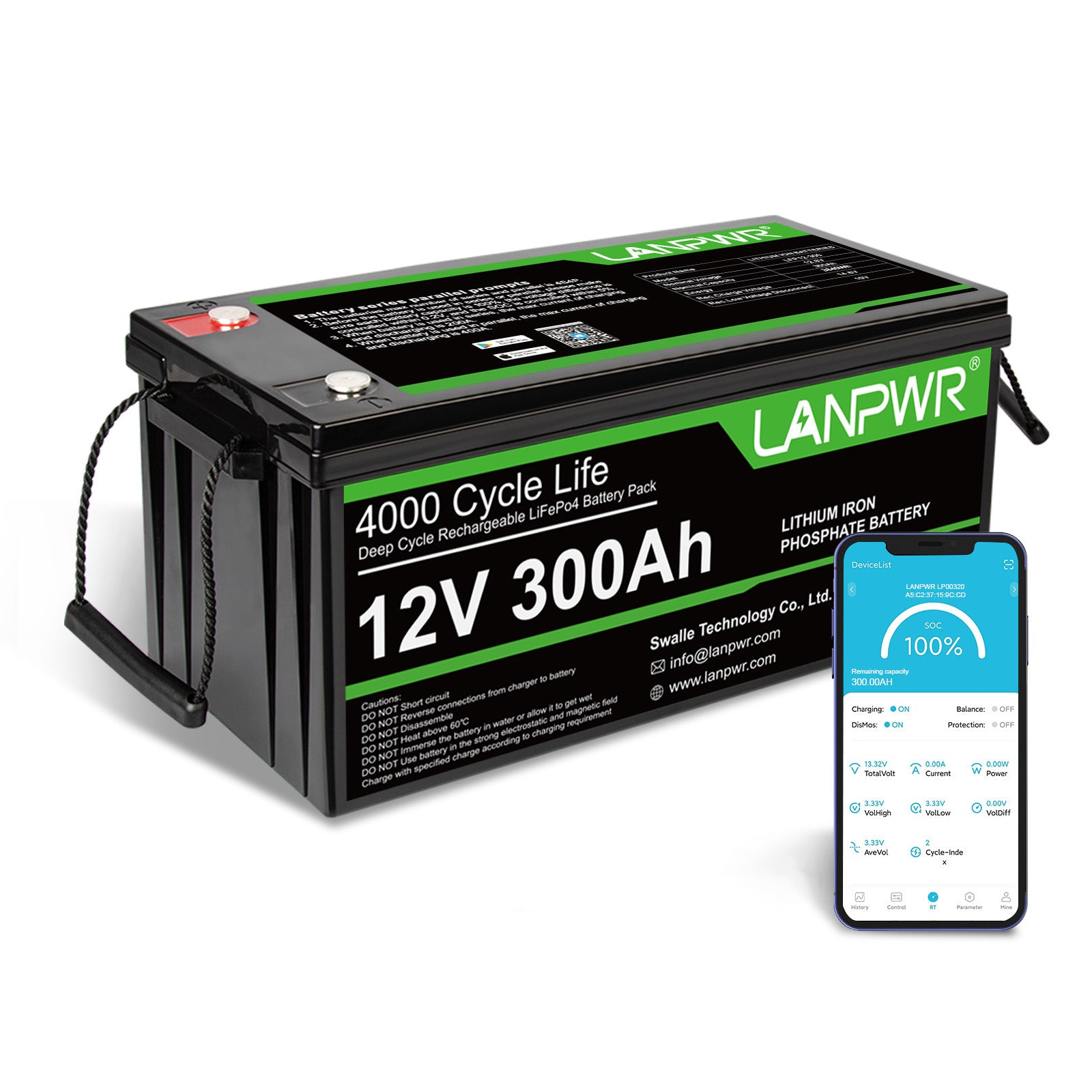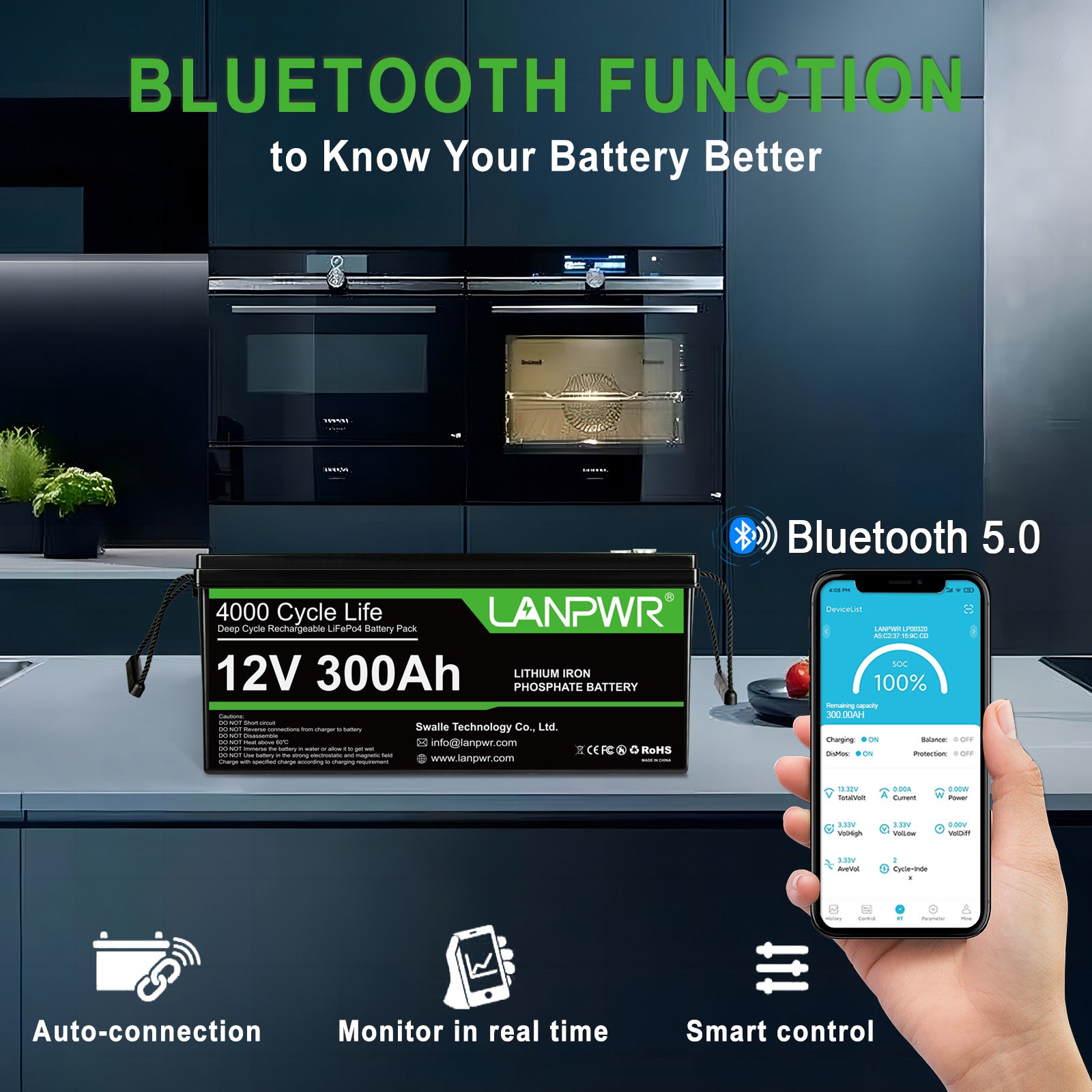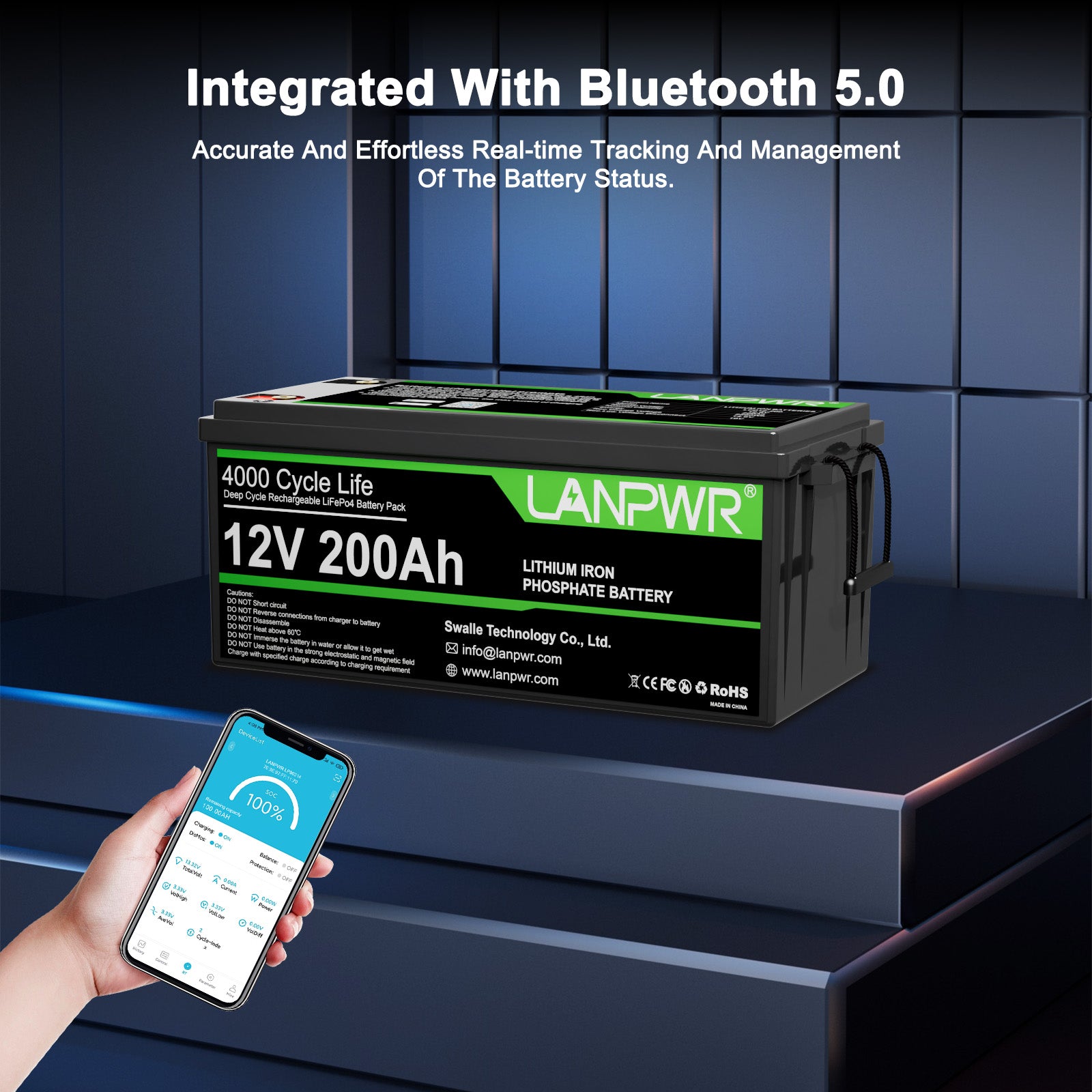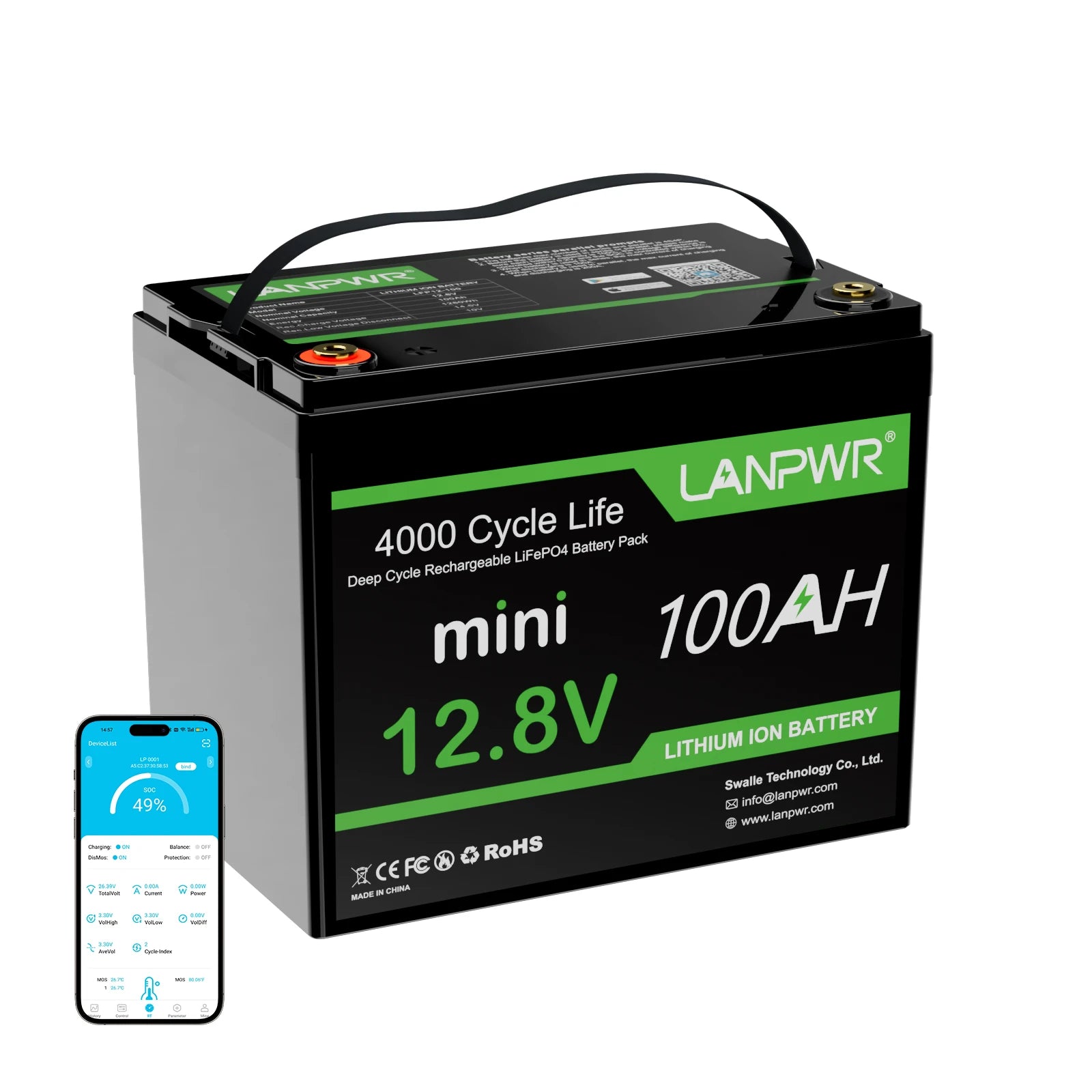The lithium battery is one of the most important recent inventions we have. Think of how we have the power to carry around smart devices from which we can call, get information, and even work. Now add electric vehicles and even solar energy storage to the list of products benefiting from it. These devices last longer and offer more reliable power. Naturally, every type of energy implies its own difficulties, such as this one. Any lithium battery is dangerous, and handling, charging and storage of lithium batteries are of high importance.
Why Safety Matters
They are delicate and require good care, as they are not only sources of energy but also fragile. When interfered with, they can burn, overheat, or swell. This needs attention because:
- They contain more electrical energy than other types of batteries.
- Inappropriate use can wreak havoc on the structure of lithium cells.
- Proper use enhances safety and reduces fire and burn hazards.
- Proper use over a period increases battery life.
General Lithium Battery Safety Guidelines
1. Use Approved Chargers
The charger you use is essential in determining how your battery performs. Incompatible chargers would also risk damaging your batteries, either by overcharging or undercharging the cells.
2. Steer Clear of Extreme Temperatures
Your units must not be subjected to undue heat or cold. Battery swelling poses a particularly dangerous situation when the battery is heated, and cold may fail the battery.
3. Proper Storage
Do not keep them in a humid or airy place. See that they do not get direct sunlight or close to flammable materials.
4. Avoid Contact with Water
Lithium batteries must not be exposed to liquid substances, including water. The presence of moisture poses a risk of a short circuit.
5. Do Not Puncture
Even slight damage can cause a leak, fire, or overheating. Batteries should be treated very carefully.
The Dynamics of Charging a Lithium Battery Safely
Charging presents numerous opportunities to avoid fires, making safety a crucial factor to consider.
- Never excuse charging, especially overnight.
- Do not charge in an enclosed space.
- When the device battery gets hot, stop using it. Danger appears as overheating.
- Charge the battery and remove the charger when the battery is fully charged. Overcharging is harmful.
- Do not insert fast chargers when they are not compatible with the device.
Travel and Transport Safety
The use of lithium batteries in portable electronics is also prevalent; therefore, airlines and other transportation services implement laws concerning the use of lithium batteries.
- Make sure that you have batteries in your carry-on baggage, but not in your checked baggage.
- They should have covered terminals to prevent short circuits.
- Batteries that are damaged or swollen should not be transported.
- Large lithium packs should be checked with airline policies in advance.
Recognising Risks Associated with Lithium Batteries
Damages are easier to control when the warning signs are addressed as soon as they appear. The following signs must be looked out for:
- An increase in the size of the casing.
- Unusual odors are emitting from the battery.
- Overheating during use or while charging.
- Seeping of fluids from the battery casing.
If any of the above signs are observed, the battery should be disposed of in a safe manner immediately.
Disposal and Recycling Safety
Lithium batteries are a fire hazard when discarded with other household waste. Therefore, they must not be disposed of along with other waste.
- They must be taken to designated recycling centers.
- They must be taken to designated collection points in your city.
- Before disposing the terminals, they should be taped to avoid short circuiting.
Recycling of batteries is an adequate protection to the environment because the materials are recycled and used again.
Safety Measures for Lifepo4 Batteries
Lifepo4 batteries outperform lithium batteries in terms of stability and safety. Still, they require some degree of caution:
- Don't discharge below the set threshold.
- Keep away from direct flames and intense heat.
- If available, keep them in fireproof containers.
- Stop overcharging by using a Battery Management System (BMS).
- When slow rate is charged, this helps to maintain battery life.
Since electric vehicles, solar storage, and marine devices use these batteries, it is even more crucial to take care of safety.
Mistakes to Watch Out For
Using a combination of new and old batteries—a charge imbalance leads to stress.
A worn-out charger or cables may cause short circuits or sparks.
No action upon noticing swelling—batteries that are swollen pose a risk.
Leaving them inside devices that are not in use for an extended period may cause corrosion.
Fire Safety and Emergency Tips
In sporadic cases where a lithium battery catches fire, here are some steps to follow:
- Do not use water on a lithium fire.
- Use a Class D fire extinguisher if it is at hand.
- If no extinguisher is found, sand or soil can be used to control the fire.
- If the fire outgrows the efforts to contain it, evacuate the area.
- Call emergency services without delay.
Safe Storage of Lithium Batteries
Requires special attention during long-term storage:
- Do not fully discharge during storage.
- Maintain charge at approximately 40–60% while stored.
- Store in a ventilated, non-flammable box.
- Monitor battery health every few months.
Lithium Battery in Daily Use
Lithium batteries are used in:
- Mobile phones and tablets
- Laptops
- Power banks
- Electric automobiles
- Solar systems
- Medical instruments
Safety is offered alongside performance, as the devices they power are essential.
The Functions of Battery Management Systems (BMS)
A BMS contributes to battery safety by:
- Controlling charging and discharging to prevent overloads.
- Tracking temperature and voltage.
- Balancing cells to ensure uniform performance.
- Notifying users of any issues.
- Avoiding dangers is best achieved by using a BMS.
Conclusion
Like any modern-day technology, lithium batteries also have a set of caveats that come with its usage. Still, such dangers can be eliminated, and the life of lithium batteries can be extended tremendously with a few measures such as the appropriate charger, low temperatures, timely and proper recycling, and proper storage conditions. All of these measures are simple and do not cost a lot.
In high-capacity systems, it is crucial to ensure lifepo4 battery solar both in vehicles and in solar systems are properly handled and to follow the battery system manufacturer’s instructions meticulously for each system to ensure performance is maximized.
In terms of adjustment and innovation, renewable energy poses a number of challenges, and solar systems that utilize LiFePO4 batteries will be of great assistance. These are bionic high-energy cells that can operate 24/7 without incurring any damage as long as they are used and maintained correctly.
FAQs
Q1. Is battery exploding with a lithium cell possible?
With the correct usage and charging procedure, the battery exploding would be extremely unlikely.
Q2. What is the indication of a hazardous battery?
The battery is hazardous if there is heat, swelling, or leakage in any form. The odors produced should also be checked.
Q3. How to deal with a battery exposed to water?
Stop using it right away. Batteries remain hazardous even if they are dried. Arrange for its safe disposal.
Q4. What is the effective life of lithium batteries?
With good care and use, they may last anywhere from 2 to 5 years.
Q5. Are lithium batteries okay to be kept in the fridge?
Like other cold storage devices, lithium batteries are not to be kept in the fridge. While lithium batteries must be kept in cool and dry places, cold storage and extreme cold places do not qualify.
Q6. What is the reason behind not discharging the battery fully?
The cells get stressed, and the battery life starts diminishing.
Q7. What firefighting appliances can be used to combat lithium battery fire?
Unavailability of Class D fire extinguishers can be supplemented with the use of sand.














Leave a comment
This site is protected by hCaptcha and the hCaptcha Privacy Policy and Terms of Service apply.